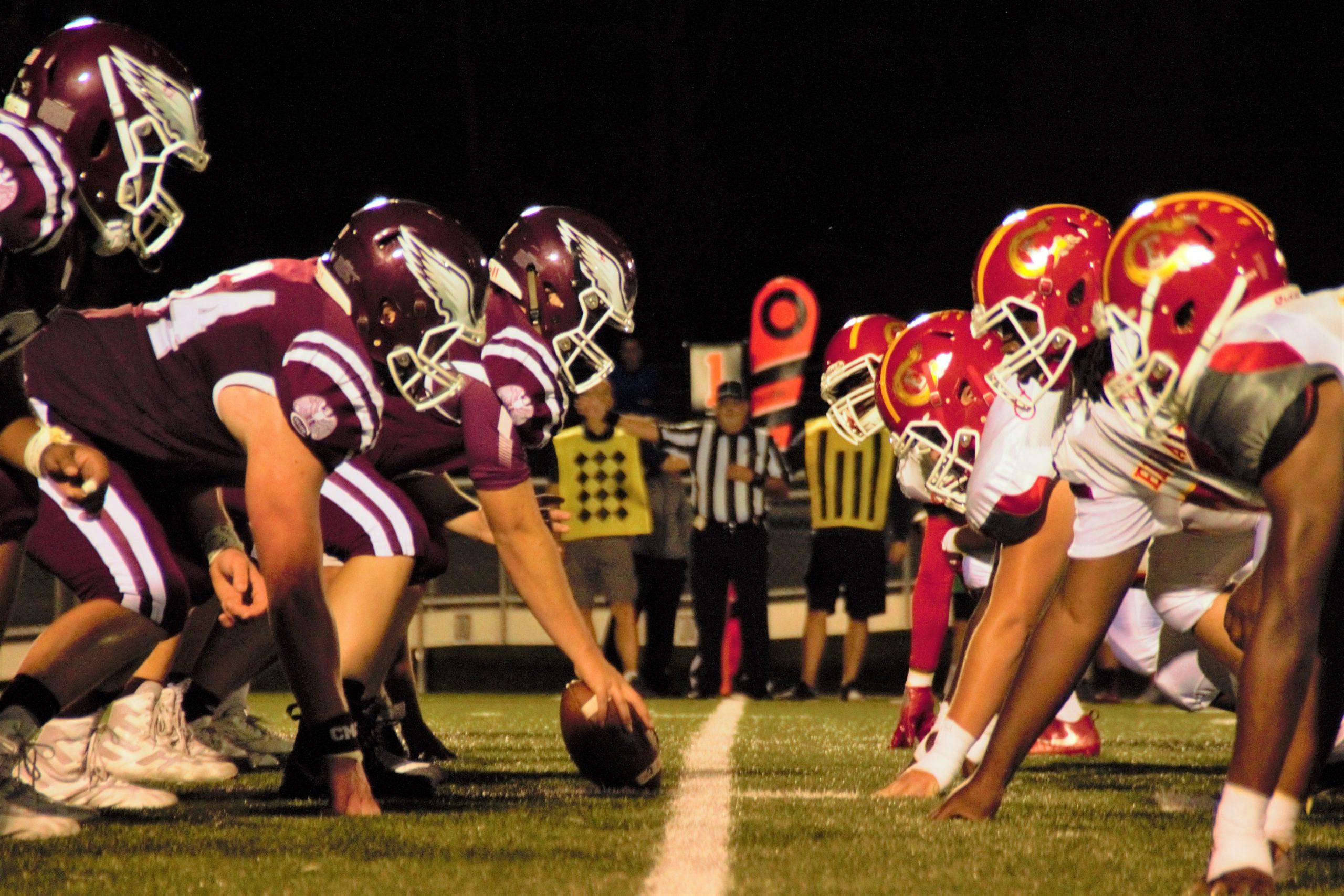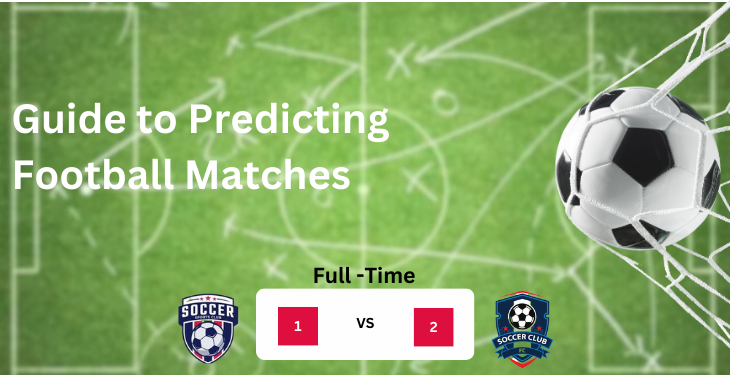Lockdowns Help Online and eSports Betting in the US

Two years ago, a landmark decision made by the US Supreme Court has opened up the floodgates for sports betting to return – or emerge, in some cases – in most US states. Since then, 16 states have passed legislation regulating betting, most of them covering online betting as well, and several others are planning to do so this year. And these plans aren’t held back by the disappearance of live sports from most countries.
Colorado goes live
Colorado citizens saw four sportsbooks open their (virtual) gates this May, amid a painful lack of sports to bet on, with two more that didn’t go live on the same day. The lack of live sports was compensated by a variety of eSports betting options available across the state.
Colorado’s betting market is expected to be very competitive, with 17 of the 33 available “skins” (for the state’s 33 legal gambling operators) “sold”, and several out-of-state operators expressing interest in joint ventures.
New Jersey approves new sports
The lack of live sports has prompted New Jersey’s Division of Gaming Enforcement to expand the number of overseas sports locals can bet on. With a lack of live sports in the US, sports like Algerian soccer, Turkish volleyball, and Swedish handball have shown up among the betting options available.
Limited eSports betting was already available in the state but the state’s legislators now consider expanding it to cover all eSports events not involving high schools and underage participants.
Tennessee adopts an open licensing system
In April, the Tennessee Education Lottery Board has approved regulations for when sports betting will become legal in the state (most likely, by the end of 2020). The state has adopted an open licensing system, similar to what European and international operators like Betway are subjected to, with an unlimited number of licenses available.
Online and mobile betting operators will be able to offer bets on professional sports, college sports and most Olympic sports, with no word on virtual and eSports yet.
Nevada embraces eSports, too
In late March, the Nevada Gaming Control Board has introduced new regulations covering, among others, eSports betting options on events like the 2020 Overwatch League, various League of Legends tournaments, and the eNASCAR series, among others. There are, in turn, some age-related restrictions that they have to observe: betting is not allowed on events involving high schools or where the majority of the contestants are under 18.
Despite the utter lack of live sports, the sports betting industry continues to develop across the United States. And when things return to normal, its growth is expected to speed up considerably.












